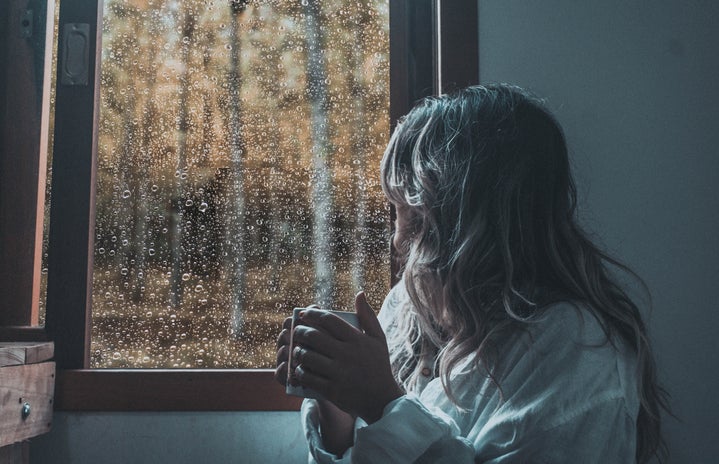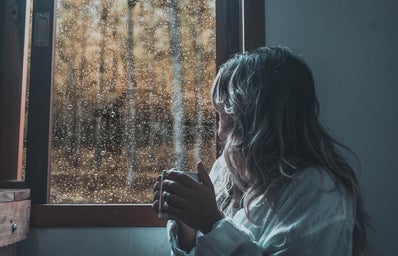“You see things and you understand – you’re a wallflower”
A quote that has become all too familiar to me when reflecting on my experiences growing up.
“The Perks of Being Wallflower” is a movie about the beauty and pain of growing up, all things I could relate to as a teenager, and remains a regular re-watch for me. As a kid, I always loved coming-of-age films, but this one always stood out to me compared to the others.
The film follows Charlie, a shy and introverted high school freshman who is starting his first year of high school. Despite his intelligence and good nature, Charlie struggles to make friends and connect with his peers, leaving him feeling lonely and isolated.
To cope with his feelings of loneliness, Charlie begins writing letters to an anonymous viewer, whom he addresses as his friend. Through these letters, he shares his thoughts, feelings, and experiences as he navigates the ups and downs of high school life.
Along the way, Charlie faces many challenges, including bullying and social rejection, but he also discovers a group of people who accept him for who he is. These include his English teacher, Mr. Anderson, who recognizes Charlie’s talent for writing and encourages him to pursue it, as well as his new friends, Sam and Patrick, who introduce him to new experiences and help him come out of his shell.
As Charlie continues to write and reflect on his experiences, he gains a deeper understanding of himself and the world around him, making “The Perks of Being a Wallflower” a touching and relatable story that will resonate with anyone who has ever felt like an outsider.
Many of the coming-of-age films I viewed growing up had a romanticized view of reality. They always depicted adolescence as some of the best years of your life, ignoring the complex emotions and negatives of growing up and finding yourself.
Charlie’s feelings of isolation and lostness are something I can definitely relate to, along with his undying sense of wonder and almost naivety. Before I started college, I was a very shy and reserved kid who always tried to be caring and thoughtful to my friends and family, which mirrors traits I see in Charlie. I also had my own Mr. Anderson, who always believed in me as a writer and helped me gain confidence and see my potential.
When I re-watch the movie, It almost feels like looking in a mirror at my 16-year-old self, who felt like an outsider and looked towards an unknown future. As I have grown and matured these last couple of years, I still feel lost and alone at times, but that doesn’t change the fact that I have gained some beautiful and enlightening experiences. As Charlie said, “even if somebody else has it much worse, that doesn’t really change the fact that you have what you have. Good and bad.”


